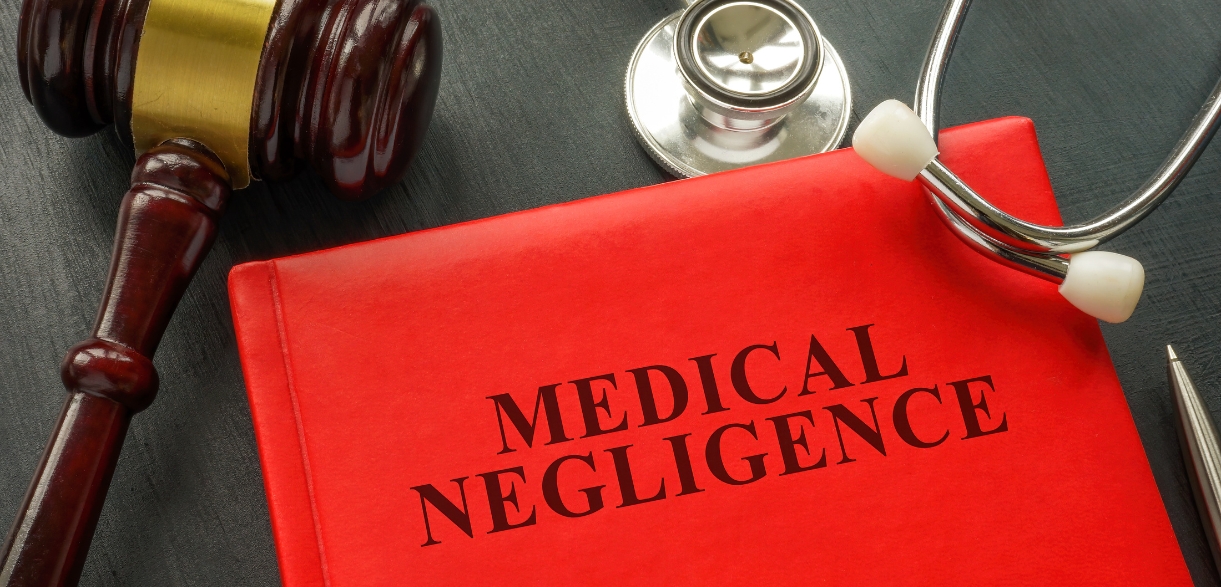
In the realm of healthcare, patient safety stands as an unyielding cornerstone, yet the reality often reveals a distressing truth: hospitals, despite their critical role, are not immune to errors. The consequences of such mistakes can be profound, impacting the lives and well-being of patients and their families. Therefore, understanding and addressing hospital negligence are paramount. Here, we delve into the intricate landscape of patient safety breaches and the imperative need for accountability.
Navigating the aftermath of hospital errors necessitates guidance and advocacy. This is where hospital negligence lawyers step in, armed with expertise to champion the rights of affected individuals. As we explore the dimensions of this complex issue, we uncover the challenges patients face in seeking justice and the legal recourse available to them. Together, we embark on a journey to shed light on the price of mistakes in healthcare and the pursuit of accountability for the betterment of patient care.
Understanding Hospital Errors
Hospital errors encompass a spectrum of mistakes that can occur during patient care, ranging from medication errors to surgical complications. Understanding these errors is crucial for identifying areas of improvement in healthcare delivery. Here, we delve into the various types of common hospital mistakes and their implications on patient outcomes:
- Medication Errors: Administration of incorrect medications or dosages can lead to adverse reactions and complications.
- Surgical Complications: Errors during surgical procedures, such as wrong-site surgery or retained surgical instruments, can result in serious harm to patients.
- Diagnostic Errors: Misinterpretation of diagnostic tests or failure to diagnose medical conditions accurately can delay treatment and worsen patient outcomes.
- Infections: Hospital-acquired infections due to poor hygiene practices or inadequate infection control measures pose significant risks to patient safety.
- Communication Breakdowns: Lack of effective communication among healthcare providers can lead to misunderstandings and errors in patient care plans.
The impact of these errors on patient outcomes can be profound, ranging from prolonged hospital stays and increased healthcare costs to permanent disability or even death. In such instances, seeking legal guidance from experienced hospital negligence lawyers becomes essential to hold accountable those responsible for the errors and to pursue compensation for the damages incurred.
Legal Recourse for Victims
When faced with hospital negligence, understanding medical malpractice laws and knowing the steps to take is crucial for seeking justice. Here’s an overview of legal recourse available to victims:
- Medical Malpractice Laws: Medical malpractice laws vary by state but generally encompass standards of care, negligence, and compensation for damages.
- Identifying Negligence: Recognizing instances of hospital negligence involves proving that a healthcare provider breached their duty of care, resulting in harm to the patient.
- Gathering Evidence: Documenting medical records, witness statements, and any relevant information is vital for building a strong case.
- Seeking Legal Representation: Consulting experienced hospital negligence lawyers can provide valuable guidance and representation throughout the legal process.
- Filing a Lawsuit: Initiating legal action by filing a medical malpractice lawsuit against the responsible parties is often necessary to pursue compensation for damages.
Taking proactive steps and seeking legal advice promptly can empower victims of hospital negligence to hold accountable those responsible and secure the compensation they deserve under medical malpractice laws.
Pursuing Compensation
When seeking compensation for hospital negligence, understanding the available options and the factors influencing compensation amounts is essential. Here’s what to consider:
- Compensation Options: Victims of hospital negligence may pursue compensation through settlement negotiations, mediation, or trial proceedings.
- Economic Damages: Compensation typically includes economic damages such as medical expenses, lost wages, and future healthcare costs.
- Non-Economic Damages: Non-economic damages cover pain and suffering, emotional distress, and loss of enjoyment of life.
- Punitive Damages: In cases of extreme negligence or misconduct, punitive damages may be awarded to punish the responsible party and deter future misconduct.
- Legal Representation: Working with experienced hospital negligence lawyers can help victims navigate the complexities of pursuing compensation and ensure their rights are protected.
- Expert Testimony: Expert witnesses, such as medical professionals and economists, may provide testimony to support the calculation of damages and strengthen the case.
By exploring compensation options and understanding the factors involved, victims of hospital negligence can pursue fair compensation for the harm they have suffered due to medical malpractice.
Advocating for Change
Advocating for change in hospital practices and policies is crucial to preventing future instances of negligence. Here are some effective strategies for advocating for change:
- Legislative Advocacy: Lobbying for legislative changes to improve patient safety standards and hold hospitals accountable for negligence.
- Community Education: Raising awareness about patient rights and hospital safety protocols through community outreach and education programs.
- Patient Advocacy Groups: Joining or supporting patient advocacy groups that work to address issues of hospital negligence and advocate for patient rights.
- Media Campaigns: Using media platforms to highlight cases of hospital negligence and pressure hospitals to implement reforms.
- Collaborative Efforts: Working with healthcare professionals, policymakers, and community leaders to develop and implement initiatives aimed at improving hospital safety standards.
- Legal Action: Pursuing legal action against hospitals and healthcare providers responsible for negligence to demand accountability and compensation for victims.
By actively advocating for change, individuals and organizations can help create a safer and more accountable healthcare system for all.
Resources for Patients and Families
Here are some valuable resources available to patients and their families navigating hospital negligence cases:
Support Organizations:
- Patient Advocacy Groups: Organizations like the Patients’ Rights Association provide support and guidance to individuals affected by hospital negligence.
- Legal Aid Societies: Legal aid organizations offer free or low-cost legal assistance to patients seeking justice for hospital errors.
Accessing Resources:
- Online Databases: Websites like Healthgrades or ProPublica’s Surgeon Scorecard offer information on hospital ratings and performance metrics.
- Legal Consultations: Schedule consultations with hospital negligence lawyers to discuss legal options and receive guidance on pursuing compensation.
Navigating Legal Processes:
- Understanding Rights: Familiarize yourself with patient rights and legal procedures related to medical malpractice cases.
- Documenting Evidence: Keep detailed records of medical bills, treatment plans, and communications with healthcare providers to support your case.
- Seeking Legal Representation: Retain experienced hospital negligence attorneys to advocate for your rights and navigate the complexities of legal proceedings effectively.
By utilizing these resources and seeking support from reputable organizations, patients and their families can empower themselves to seek justice and hold hospitals accountable for negligence.
Hospital negligence can have devastating consequences for patients and their families. By understanding their legal rights, seeking guidance from experienced hospital negligence lawyers, and accessing support from advocacy organizations, victims can pursue justice and hold hospitals accountable for their actions. It’s imperative to advocate for change, push for transparency, and strive for a healthcare system that prioritizes patient safety above all else. Together, we can work towards a future where medical errors are minimized, and patient well-being is paramount.




